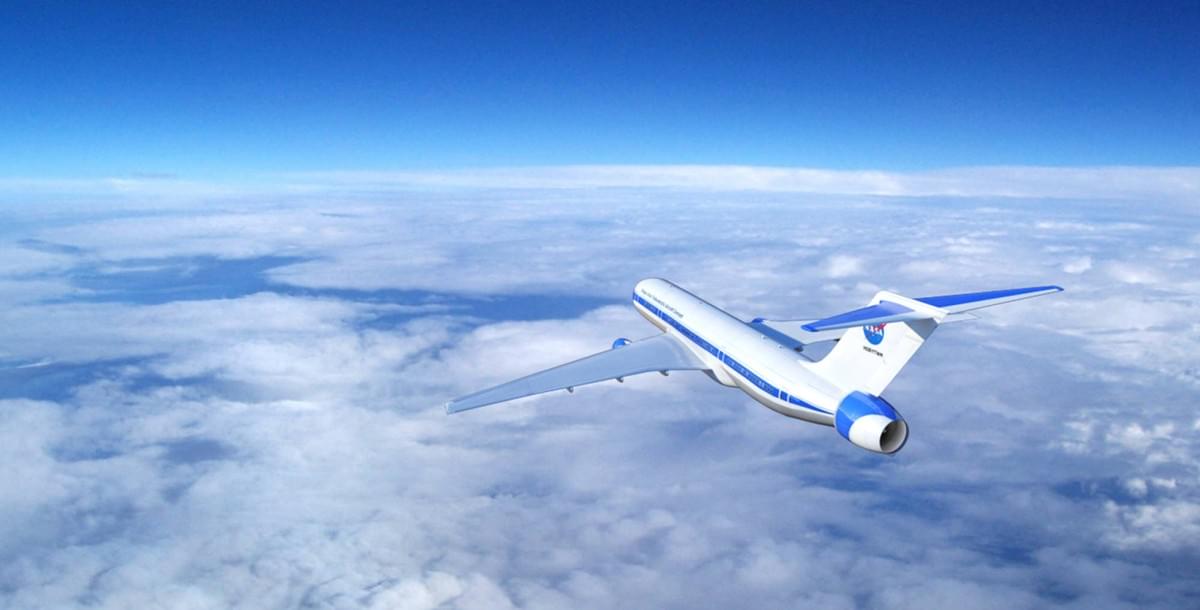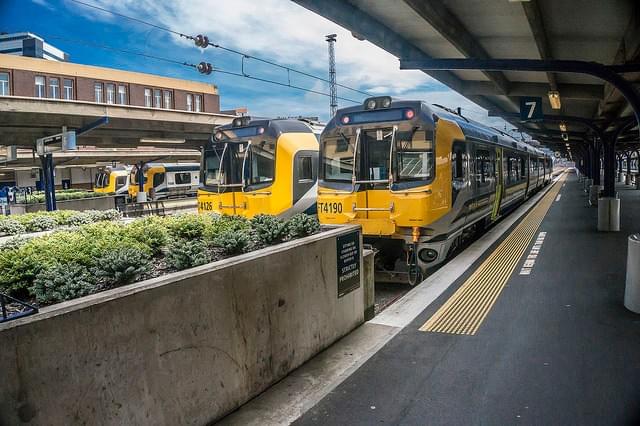Dr Rod Badcock is the Deputy Director, and a Principal Engineer, at the Robinson Research Institute and has focused on the development and implementation of pilot machines and processes.
He draws on his multi-disciplinary experiences in science, engineering and industrial manufacturing to bring together international teams that deliver substantive outcomes aimed at drastically changing energy usage and production. Recently, Rob has been one of the NASA/IEEE Electric Aircraft roadmap team members looking to solve the challenges of emission and fuel use in commercial aviation. In this blog, Rob will be discussing New Zealand aviation and the challenges and opportunities around reducing air transport emissions.

Current state of air transport emissions
New Zealand’s economy depends on aviation. Whether we are exporting high-value products to the world, or welcoming tourists to our shores, we rely on airlines to serve us.
When the world met in Paris in 2015 to address the challenge of climate change, 195 nations agreed to restrict the global temperature rise to 1.5 degrees by cutting their greenhouse gas emissions. The Paris Accord has now come into effect, and there is a global effort to replace fossil fuels for transport. Aviation is the most climate-intensive form of transport. It is responsible for 5% of global warming. Worse, aviation emissions have grown by 75% since 1990, double the rate of other sectors of the economy.
Countries are now looking how best to reduce their aviation emissions. Serious options include a climate tax on air tickets, and investing in new, clean technology.
Few countries depend on international air services as much as New Zealand. New Zealand’s international tourism market has seen strong growth since 2012 with visitor arrivals increasing year-on-year. Visitor growth from all existing markets is currently strong and in particular, the number of visitors from China, United States and Australia continue to grow strongly. According to official projections, visitor arrivals to New Zealand for 2016-2022 are expected to grow 5.4 percent a year, reaching 4.5 million visitors in 2022 from 3.1 million in 2015.

Opportunities
New Zealand does not have a high speed rail network, and only has a rail commuter network in Auckland and Wellington, that can reduce the need for domestic aviation. For many rapid routes air travel is the only viable transport option between the two islands. The majority of passenger seats (85%) are operated by two carriers; Air New Zealand and Jetstar.Add paragraph text here.
Our air transport accounts for around 3500 ktonnes of emitted CO2 per year; around 1000 ktonnes for Domestic and 2500 for International travel. Our passenger movements have seen strong growth, a trend predicted to continue into the future that leads to a worrying growth in emissions from this sector.
New Zealand has committed to reducing its GHG emissions. But our economy would suffer if a climate tax meant that tourists couldn’t afford to fly here. International tourism brought $12 Bn into the economy last year. We rely on it.
New Zealand is recognised for its pro-active stance towards reducing aviation and airport operation emissions. New Zealand’s air navigation service provider (Airways) is globally known for working proactively with airlines to increase flight efficiency and safety. Locally the Ministry of Transport are implementing an action plan to reduce emissions in this sector that you can read here. This Ministry initiative is strongly supported by Wellington Airport with their own reduction plan being put in place.
New Zealand has an important role to play in developing clean aviation technologies, such as hybrid electric aircraft. This research programme is part of our 30-year programme of leading high-temperature superconducting work. The New Zealand team are working on key aspects of the high-torque, high-speed machines needed to make electric aviation a reality. Their international partners include Lockheed, Boeing, and NASA. There are opportunities for NZ companies to produce specialised, high-value components for the hybrid electric supply chain, earn export revenue, and contribute to solving this pressing global problem. NZ can benefit economically from addressing a major global greenhouse gas challenge.
How might you propose to enable our continued quality of life, whilst also limiting our environmental impact through Wellington Airport?
Climathon Wellington is a 24 hour challenge happening on the 26th and 27th of October. In it's 4th year it brings together people from different industries to create and test ideas to solve Wellingtons greatest challenges in a highly supportive environment.
If you are someone who enjoys complex challenges, has ideas or wants to contribute your skills, come to Climathon Wellington.
Co-hosted by Wellington City Council and Victoria University of Wellington, there is a limited number of free passes now available.
Almost done…
We just sent you an email. Please click the link in the email to confirm your subscription!
OKSubscriptions powered by Strikingly